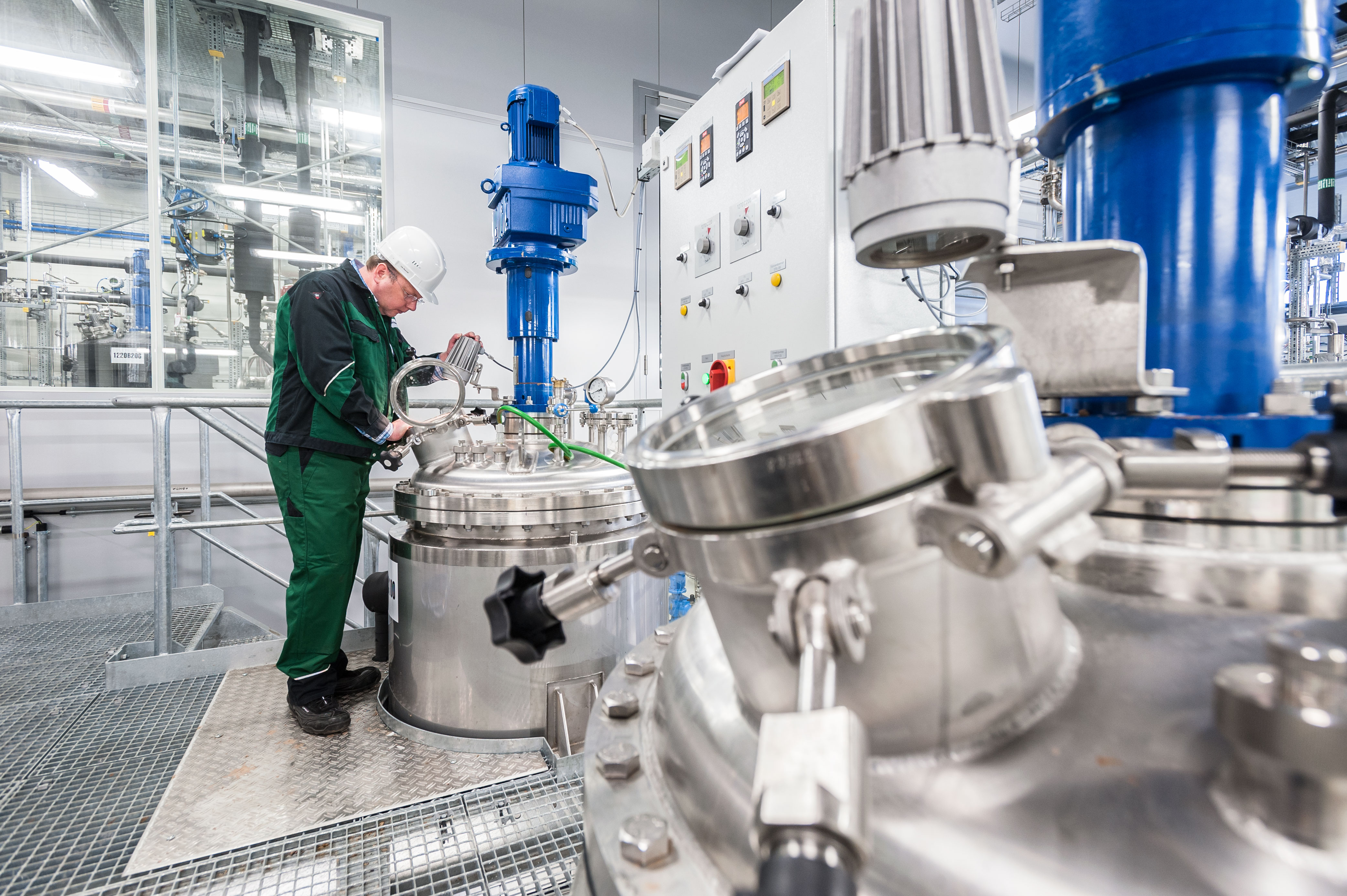In the area of raw material processing, we are developing new technologies and innovative approaches for the processing of lignocellulosic raw materials and oilseeds in order to be able to use biomass as completely as possible and thus increase the value added.
The focus is on wood pulping and fractionation processes, the processing of oilseeds using the mild EthaNa process, and their scaling up to pilot scale.
Our biorefinery pilot plants are available for researching and scaling up processes for upstream processing, fractionation and downstream processing of the extracted ingredients on behalf of customers and in research projects.
 Fraunhofer Center for Chemical-Biotechnological Processes CBP
Fraunhofer Center for Chemical-Biotechnological Processes CBP

